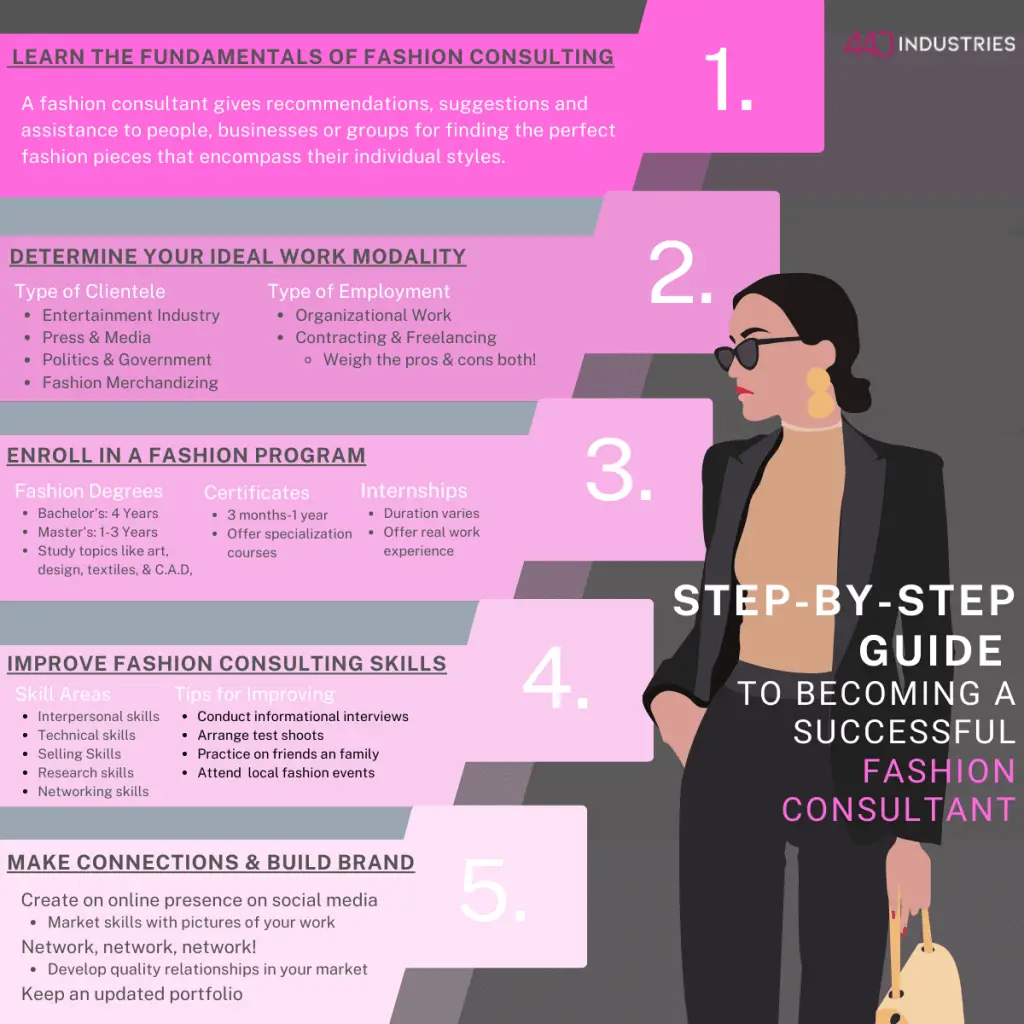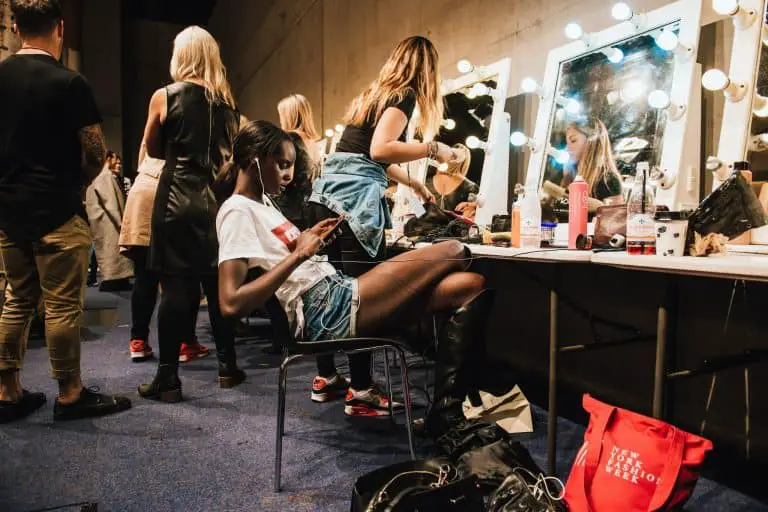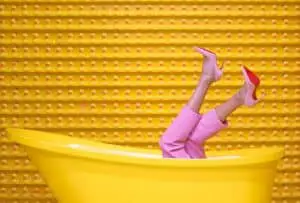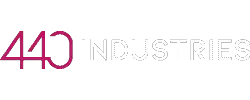Introduction
Business executives, celebrities, politicians, musicians, and media personnel often show up to work looking exceptionally trendy, but many of them have a secret: their outfits are assembled by a professional fashion consultant. Fashion consultants help anyone looking to expand and develop a wardrobe that promotes their public image. If you think you have the eye that can make other people look stylish, then this career may be a fit for you. In this step-by-step guide, we’re going to give you all of the necessary information for how to become a successful fashion consultant and help you start a fashion consulting business in the future.
- Learn the Fundamentals of Fashion Consulting
- Determine Which Fashion Career Environment is Best for You
- Consider Enrolling in An Educational Fashion Consulting Program
- Work to Improve Essential Skills Needed to Become a Fashion Consultant
- Continue Building Your Brand & Portfolio
- Conclusions
1. Learn the Fundamentals of Fashion Consulting
Before starting your journey as fashion consultant, it is important to know the industry you are entering and what this career entails. The industry is competitive, so being educated and prepared before jumping in ensures you have what it takes to gain traction with employment opportunities. We are going to quickly breakdown the industry basics and take a look at a day in the life of a fashion consultant .
Getting to Know the Fashion Industry
The fashion industry is exclusive from other fields of manufacturing in that it is guided largely by the intention as its end product: change. And like many industries, mostly those that are customer-centric, change happens quickly and frequently. This means at times it can be very competitive, but with the proper guidance, any one can succeed in the fashion industry.
In the most basic terms, the industry could be described as the business of producing clothes, but that would omit the important difference between fashion and apparel. Apparel is practical clothing, a basic need, but fashion incorporates own style, individual taste, and cultural revolutions. It reflects the shifting wants of consumers to be defined or accepted by their dress and fashion consultants work to fulfill those wants.
Know What a Fashion Consultant Does
A fashion consultant is an individual who gives recommendations, suggestions and assistance to people, businesses or groups for finding the perfect fashion trends that encompass their style.
Fashion consultants may assemble outfits for print and TV programs, ad campaigns, movies, editorials, or work for fashion and retail companies in merchandising selection. They also work on individual bases with clients and to assist in altering their style to match a new goal, recent changes their body, or career promotion. During the year, they may work to find attire for special events, like a school dance, a wedding, or holiday soiree.
The daily tasks of a fashion consultant of course depend on the position and clientele they are serving. Ranging from giving fashion advice on entire outfits, individual pieces, styles, textiles, and colour, to increasing merchandise sales for a brand by picking trendy pieces for their collection
Here is a general list of tasks that are associated with this career of improving the wardrobe of others:
- Researching previous trends to compare and design a relative aesthetic
- Interviewing clients to learn their style preferences
- Sourcing clothing from an international collection of brands and manufacturers
- Consulting hairstylists, photojournalists, costume designers, creative and art directors, print editors, makeup artists and film and TV executives
- Attending runway shows, brand showrooms, and various fashion industry events to keep up on the latest trends and styles
- Working with to create a personal visual aesthetic with public figures and politicians
- Going on shopping trips
- Assisting apparel buyers for major retail businesses
2. Determine Which Fashion Career Environment is Best for You
As we can see, there are a wide variety of job options in the field of fashion consulting. Determining which work modality is best for you will provide a little more insight as to which educational and career pathway you should consider. We’re going to cover these academic pathways in the next section, so keep reading to learn more.
Fashion consultants work for both private and public fashion companies. They might offer expertise to the company, or on behalf of the company to a segment of clients. Consultants can also always choose to start their own business and work as freelancers.
Remember that your situation is unique: your lifestyle, your residential area and living costs, and your personal interests and career goals. Consider these pros and cons of different fashion consulting careers to help you figure out which one aligns with your ideal work environment.
Working for A Brand or Organization
-
- Pros:
- A consistent income is one of the primary perks to consider.
- Health care, dental, vision, and paid-time-off benefits are sometimes offered.
- You’ll likely be working other individuals, which provides a sense a community and a collaborative atmosphere to work in.
- Many companies offer career advancement opportunities.
- Cons:
- Working on the businesses’ fixed hours takes away flexibility.
- You have less control over business decisions.
- You typically have to defer to the person in charge over what work you do and how you do it.
- Pros:
Starting Your Own Business or Offering Contractual Consulting
-
- Pros:
- You hold the power and can decide if you take a job or not.
- You decide when and how you complete jobs according to deadlines and expectations developed one on one between you and the client.
- You can work wherever you want, so if you are not a fan of commuting every day, this may be a good fit.
- Cons:
- Starting your own business requires investments and exposure to risk.
- You are fully liable for the outcome of the service you provide.
- You do not have the protection of a larger organization if a client fails to fulfill their end of the agreement, like payment for a service.
- You are responsible for obtaining employment/health benefits.
- There is a less defined pathway for career advancement.
- Pros:
Remember, you can serve all types of clients in whichever capacity you choose to work in. However, landing a job with a top company typically requires more formal fashion education training.
Let’s take a look at our next step, to learn about some of the career entry requirements.
3. Consider Enrolling in An Educational Fashion Consulting Program
Becoming a fashion consultant does not have any specific entry requirements if you’re looking to start your own business. However, if you determine you are a better fit for working for an organization, many employers select candidates with at minimum a high school diploma and 1-3 years of relative work experience in retail or fashion-related position.
They also typically look for degrees, certifications, and internship experience. Let’s break these down.
Educational Programs for Future Fashion Consultants
- Earning a Fashion Degree
-
-
-
- Fashion degrees give you the opportunity to study types of garments, international and regional preferences in fashion, and current trending fashion styles. They also offer direct exposure the fashion industry through opportunities to interact with local designers and attend exclusive events.
- End of the degree projects allow students to apply the lessons they learned to real world ventures. University programs range from 2 to 4 years and are located all over the world. Some people opt to continue their education with a 2-year Master’s degree, which is ideal for fashion professionals looking to advance to the highest positions in a company.
-
-
- Other Useful Fashion Courses & Certifications
-
-
-
- Certification courses are specific courses meant for developing a concentration in an area of fashion design. For example, you may become certified in Image Consulting, Fashion Design, Fashion Illustration, and more.
- Certificate programs are shorter in duration than a university degree, ranging from a few months to a year and conclude with a standardized exam.
- Other useful courses to take in your studies include marketing, art, design, color theory, and public relations.
-
-
- Internships
-
-
- We cannot stress enough how important is to complete internships in the fashion industry. Internships allow you to gain practical experience for future employment and help you figure out if this profession is right for you.
- You may be asked to find wardrobe pieces for your boss, assist in photoshoots, run errands, or conduct research.
- Even if you are planning to venture out on your own, getting an internship will give you the knowledge and confidence to build your own company.
-
While obtaining degrees and certificates are not requirements to have a career in consulting, it will improve your credibility, give you a solid understanding of how the industry works, and help you develop skills. In the next section, we’re going to cover some of the necessary skills fashion consultants should be proficient in.
4. Work to Improve Essential Skills Needed to Become a Fashion Consultant
In any career, you should be aware of the skills it takes to make your mark. Fashion consultants are talented individuals and hold most of the advantageous skills listed below:
-
-
- Technical Skills: Technical skills, or skills needed to perform the job are at the top of the list. After all, this is the profession you’re looking to enter, so knowing how to tailor suggestions and recommend options according to the client’s style preferences, body type, career, and price range is mandatory.
- Interpersonal Skills: A friendly and outgoing personality is important for providing excellent customer service and making the client feel at ease. It is also important know how to communicate and work with others on your team to avoid conflict.
- Selling Skills: Fashion consultants need to know how to persuade clients to buy their services. To do so, they should be actively listening to their clients’ needs/wants to accurately convey the value offered with their products and service.
- Research Skills: Keeping up with the latest fashion trends gives consultants competitive advantage for their business. They should be able need to research upcoming trends, markets to target, and events to attend.
- Networking Skills: Gaining a network of professionals in the fashion industry is paramount to assisting in achieving fashion consulting goals. Knowing how to reach out, develop relationships, and maintain a working list of people who can point you in the right direction will open doors to new opportunities.
-
Tips for Developing Skills
-
- Attend events: Attending local and national fashion events during the year will help you keep up with latest trends and give you an opportunity to mingle with potential employers and clients.
- Conduct informational interviews: Informational interviews are a perfect way to practice your networking skills and gain valuable insight to a career position you aspire to have. Sometimes, professionals may offer to mentor you during your training.
- Arrange test shoots: Test shoots allow you to put your style out there and practice working with a client. Find a student photographer or makeup artist who is also looking to improve skills to make it into a day of gaining experience.
Reach out to friends and family: If you’re feeling a little nervous about reaching out to people you don’t know, try testing out your expertise with friends and family. Ask them for feedback on different branding ideas and if they are open to it, offer to create a personalized style catalog for them.
5. Continue Making Connections, Developing Portfolio, & Building Up Your Brand
During the completion of school, internships, or a few years of relevant work experience, aspiring fashion consultants focus on developing their portfolio. A fashion portfolio is a collection of curated material samples and photos of styled people compiled to demonstrate skills to a prospective employer or client.
Once you’ve started a portfolio, you’ll want to focus on building your reputation and brand. Your brand may evolve over time, but in general, should be reflective of the value you’re offering to your employers or clients. Think of the portfolio as the proof of services your brand is claiming to offer.
Making connections to get the word of your brand out there is important for both freelancers and full-time employees. All aspiring fashion consultants should consider practising these three personal branding tips:
-
-
- Craft an online presence: Creating a social community on Instagram, LinkedIn, Facebook, YouTube, or your personal blog that allows you to connect with potential clients. These are free platforms to market your skills with pictures and videos of your work. Accumulate a large enough following and you can go viral for your fashion consultant expertise. For those with strong social media skills, not to mention exceptional styling capabilities, this can be an excellent way to grow your business.
- Network, network, network: Keep in contact with your local community, targeting businesses and other groups of interest, like leaders of fashion niches you’re wanting to target. Once you develop quality relationships in your market, referrals will start coming your way.
- Keep an updated portfolio: Always update and keep your portfolio close by in case you ever approached with employment opportunities. You never know when you’ll need to market yourself on the fly.
-
Practising these methods will help you retain and attract new clients. They will also expose you to new employment opportunities.

6. Conclusions
We hope you enjoyed reading our step-by-step guide to becoming a successful fashion consultant!
To recap, let’s go over the steps one more time…
- Before making any decisions, you must understand the overview of fashion consulting, which can be summarized as the process of advising clients in making fashion decisions regarding individual pieces, outfits, accessories, colors, styles and materials.
- After you understand what a fashion consultant does, determine your optimal work modality and assess the pros and cons of each.
- Next, you’ll want to think about the different academic pathways that help you develop career knowledge. There are several degree, certificate, and internship programs out there. Determine which pathway is best for you according to your future goals.
- Improving technical, researching, networking, interpersonal, and selling skills through real world experience is the next step to becoming a successful fashion consultant. We encourage you to practice reaching out to influential contacts for informational interviews, try styling techniques on family and friends, and attend fashion events to exercise these skills.
The final step to becoming a fashion consultant is establishing your personal reputation, brand, and portfolio, all of which work to demonstrate the fashionable talents you are offering a business or client. These are all developed through ongoing efforts of strategic networking, acquiring work experience, and creating an online presence.








